Table of Contents
Recent cuts to U.S. foreign aid have sent ripples through the international development and humanitarian landscape, raising serious questions about America’s standing and influence within the United Nations (UN). The Trump administration’s decision to dissolve the U.S. Agency for International Development (USAID) and slash thousands of foreign aid projects, including over 200 to UN agencies, marks a turning point with wide-ranging global consequences.
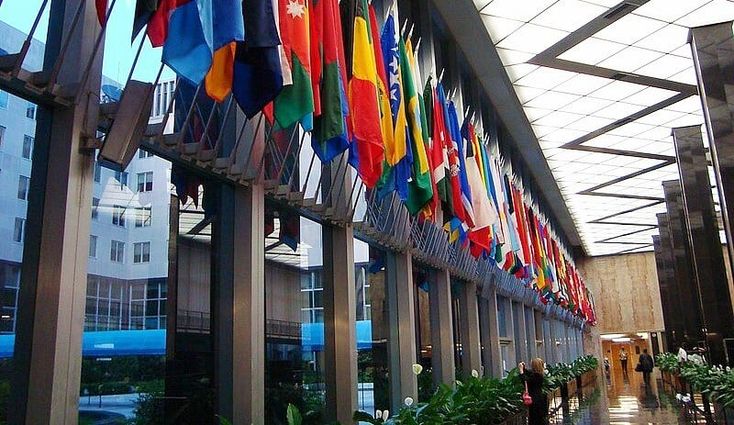
The United States and the UN: A Historic Partnership
Since the United Nations was founded in 1945, the U.S. has played a vital role as the largest financial contributor to the organization’s regular budget and peacekeeping operations. In 2024, the U.S. covered 22% of the UN’s overall budget and 27% of peacekeeping costs, though Congress caps U.S. contributions at 25%. Beyond mandatory assessments, America also provides generous voluntary funding to key UN agencies like UNICEF, UNAIDS, and the World Food Programme (WFP). In fiscal year 2023, U.S. contributions to the UN reached $13 billion, with the majority being voluntary donations directly tied to humanitarian and development programs.
USAID’s role in channeling targeted funding to UN initiatives ensures that aid reaches the most critical areas with measurable outcomes. Historically, these investments have reinforced global stability, helped prevent conflicts, and tackled cross-border challenges before they could affect American soil.

The Impact of Recent Cuts
The Trump administration’s aid reductions have already halted 5,341 foreign aid projects worldwide, including 211 awards linked to UN programs. Though the administration aims to maintain some life-saving assistance, cuts amounting to over $529 million have affected nearly 50 critical humanitarian projects. These reductions include funding for gender-based violence prevention programs in Haiti and Venezuela, efforts that help curb migration pressures on the U.S. southern border.
Health initiatives have also suffered, with cuts to disease surveillance and outbreak response programs in Gaza, despite recent polio outbreaks. The $500 million reduction in UNAIDS funding threatens global progress in HIV prevention and treatment, undermining hard-won health gains.
Disaster preparedness programs, particularly in the strategically important Pacific region, face significant cutbacks. These reductions limit early warning systems and resilience-building efforts critical to minimizing displacement and economic damage from natural disasters.
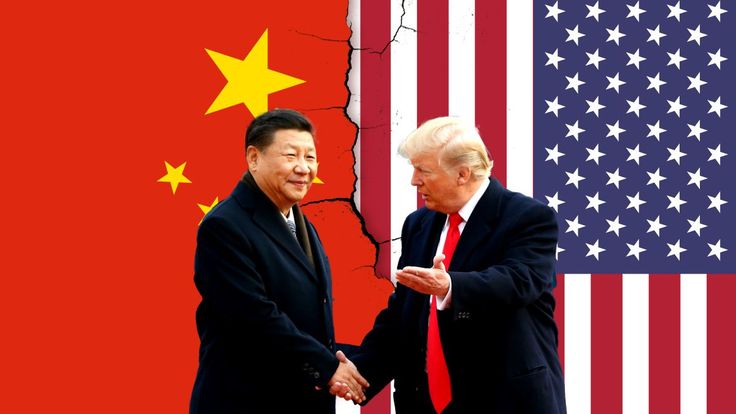
Geopolitical Consequences: A Vacuum Filled by China?
The withdrawal of U.S. funding from the UN leaves a strategic vacuum. While other traditional donors like the UK and Germany are also scaling back, China is unlikely to fill this gap directly. Instead, Beijing capitalizes on U.S. retrenchment by advancing initiatives like the Belt and Road and the Global Civilization Initiative—projects that often bind smaller countries into economic dependencies.
In regions like East Asia and the Pacific, China’s steady trade and investment approach contrasts sharply with the U.S.’s retreat, allowing Beijing to position itself as a reliable partner. This shift undermines the U.S.’s image as a steadfast global leader committed to humanitarian principles and sustainable development.
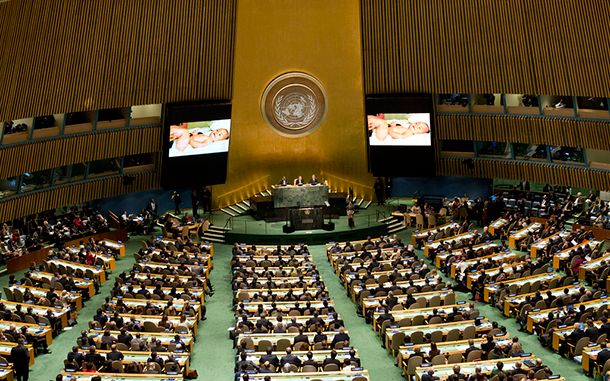
Undermining U.S. Leadership and Reform Influence
The U.S. has historically wielded its financial support as leverage to push for transparency and reform within the UN system. From combatting corruption to enhancing accountability, American funding has been a crucial catalyst for change. Reduced contributions weaken this leverage, making it harder to influence UN agency priorities or push for reforms.
Furthermore, U.S. aid often underpins peace negotiations by supporting humanitarian programs in conflict zones like Gaza, Ukraine, and the Democratic Republic of Congo. Cuts to USAID-funded programs reduce the tools available to U.S. diplomats for brokering and sustaining ceasefires and political agreements.

What Lies Ahead: Recommendations for Policymakers
As USAID funding dwindles, it’s essential for policymakers to carefully assess the broad impact on U.S. interests and global stability. We recommend:
- Evaluating Unintended Consequences: Even small cuts to supply chains or security contracts can disrupt entire disease control systems. USAID experts should identify critical areas at risk to avoid harmful ripple effects.
- Leveraging Funding for Reform: Budget cuts should be paired with efforts to demand greater transparency and accountability from UN agencies, turning challenges into opportunities for meaningful change.
- Focusing on Priority Conflict Zones: Retain and prioritize humanitarian diplomacy expertise in critical areas like Gaza, Sudan, and Ukraine to preserve vital peace negotiation tools.
- Protecting U.S. Leadership Roles: Continue supporting American leadership in key UN agencies such as UNICEF and WFP to maintain influence and guide global priorities.
Conclusion
USAID funding cuts not only undermine vital humanitarian and development efforts but also weaken America’s voice on the world stage. As global challenges grow more complex and competition for influence intensifies, sustained U.S. engagement in the United Nations remains crucial. WorldAffair.org urges a balanced approach that protects humanitarian goals while safeguarding American leadership in the international arena.
Author Profile
- Syed Tahir Abbas is a Master's student at Southwest University, Chongqing, specializing in international relations and sustainable development. His research focuses on U.S.-China diplomacy, global geopolitics, and the role of education in shaping international policies. Syed has contributed to academic discussions on political dynamics, economic growth, and sustainable energy, aiming to offer fresh insights into global affairs.
Latest entries
 U.S. Foreign PolicyFebruary 2, 2026AI and Grand Strategy: The Case for Restraint – Navigating the Future of American Power
U.S. Foreign PolicyFebruary 2, 2026AI and Grand Strategy: The Case for Restraint – Navigating the Future of American Power National SecurityJanuary 31, 2026Treating China’s Connected Energy Systems as a National Security Risk
National SecurityJanuary 31, 2026Treating China’s Connected Energy Systems as a National Security Risk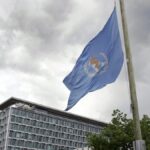 Global HealthJanuary 29, 2026The Future of the WHO—and How the United States Can Shape It
Global HealthJanuary 29, 2026The Future of the WHO—and How the United States Can Shape It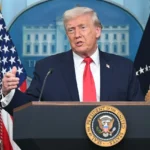 Global TradeJanuary 22, 2026Trump Cancels Tariffs on European Nations Over Greenland Pursuit?
Global TradeJanuary 22, 2026Trump Cancels Tariffs on European Nations Over Greenland Pursuit?



3 comments
Your blog is my go-to for niche. Always insightful, always relatable. Never stop writing! 🙌
I would like to thnkx for the efforts you’ve put in writing this blog. I am hoping the same high-grade website post from you in the upcoming also. In fact your creative writing skills has inspired me to get my own blog now. Really the blogging is spreading its wings fast. Your write up is a great example of it.
I don’t think the title of your article matches the content lol. Just kidding, mainly because I had some doubts after reading the article. https://www.binance.com/bg/register?ref=V2H9AFPY